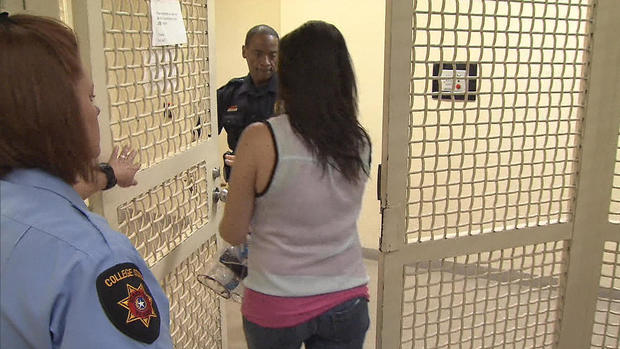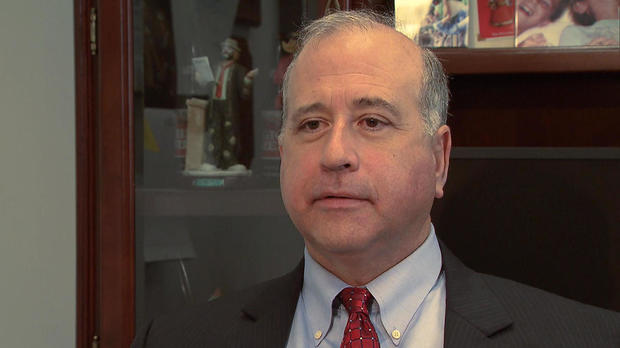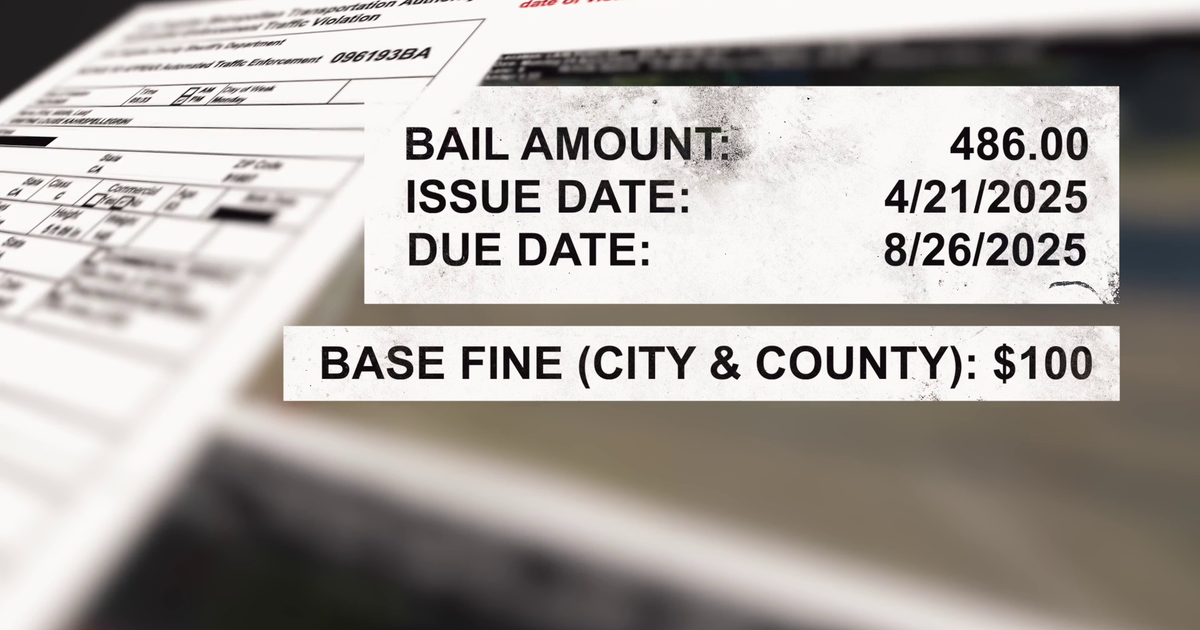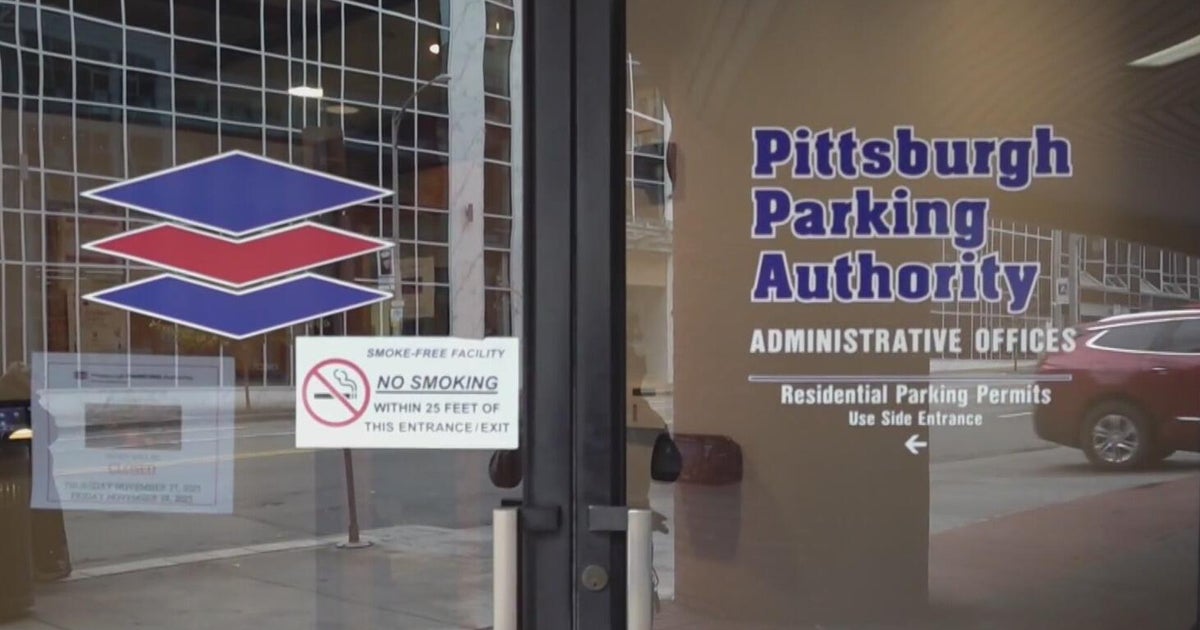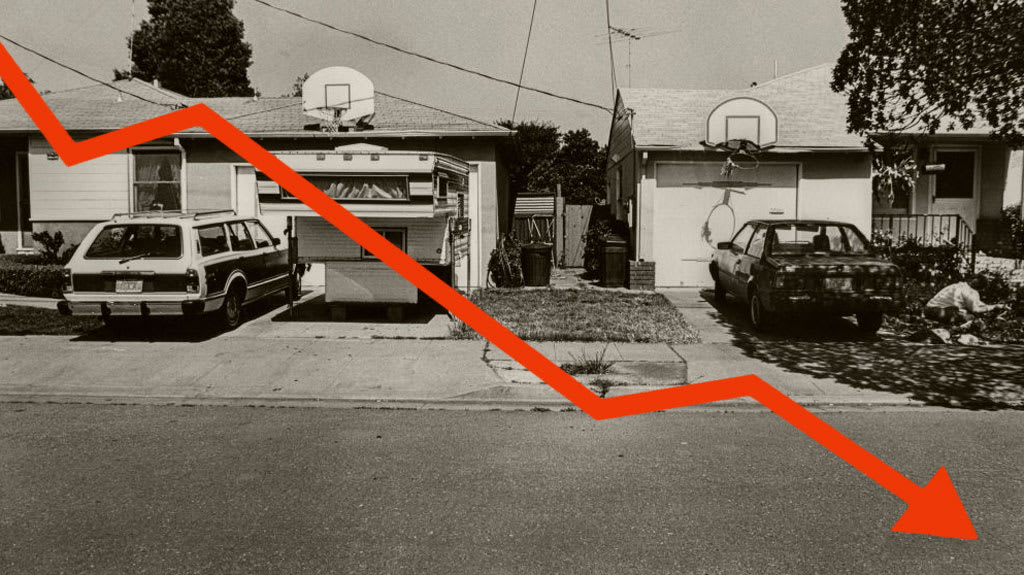Poor paying the price as the cost of justice goes up
COLLEGE STATION, Texas -- The cost of justice has been going up.
Many states are imposing crippling fines as a way to close budget gaps. Those who can’t pay can end up behind bars.
After 24 hours behind bars in College Station, Texas, an unemployed mother of three is minutes away from being released.
“I have three children, and I just want to go home and see my babies,” said the woman, who asked CBS News to conceal her identity.
She explained how her inability to pay a simple traffic ticket drove her down a path to jail.
“It just kind of snowballed,” she said. “With paying my bills, I didn’t have the money to confront this.”
Traffic violations, missed payments and failures to appear in court caused her bill to grow to nearly $3,000 dollars in fines, fees and an arrest warrant.
But city Judge Ed Spillane had her released immediately.
“I released her so she could have a chance to work with us on a plan to do community service,” he said.
Every week, Spillane releases defendants who are not a danger to society and simply can’t pay the fines.
“It’s complete illegal. You cannot be put in jail due to your economic status or economic inability to pay a fine,” he said.
The Justice Department agrees. It sent a letter to every court in the country discouraging the practice by calling it “unlawful.”
A Brennan Center study found that at least 15 states have “user fees” which are “explicitly intended to raise revenue.”
According to Spillane, “The state of Texas makes a billion dollars a year in state fees.”
Spillane said that by releasing defendants who do not have the money, he is simply following Supreme Court directives, and that he’s not advocating for a slap on the wrist.
That mother of three got a break, but across the country, others like her are still locked up.
